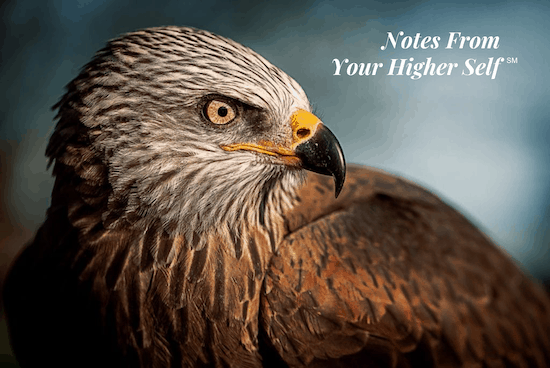Occupy Sanity Tool (OST): Breathe
“The wisest one-word sentence? Breathe.” – Terri Guillemets
I’m having one of those Homer Simpson moments. If you follow that cartoon character, you know what it means when he says, ‘Doh!’ That’s what I’m saying because I’m confident this tool needs to be the first one added to the Occupy Sanity Toolbox.
Proper Breathing = Better Health
As is often the case, what is obvious eludes us, and it is easy to take for granted that we cannot live without breath. In the article Proper Breathing Brings Better Health Christophe André tells us that
“Breathing is so central to life that it is no wonder humankind long ago noted its value not only to survival but to the functioning of the body and mind and began controlling it to improve well-being.”
As I pondered this, I realized at this moment in history a man, George Floyd, died under horrific circumstances saying, “I can’t breathe!” With those words and his death, he made it evident how vital having room to breathe is. He reignited the desire for us all to breathe into life a world with equal treatment and better conflict management skills.
“Breathe. Step back. Think, then react.” – Anonymous
When I pause and breathe, I remember there is magic in breathing. To me, there’s magic in life because breathing is life. Besides that undeniable fact, I believe using our breath brings about magical results in many aspects of our lives.
Take my relationship to self and others. When I asked myself what one practice I have consistently used to help me improve my relationships? The answer was Breathe.
Reduced Reaction = Better Conflict Resolution Skills
A lifelong practice, any time I am triggered by an interaction within myself or with others, I have developed a habit of mindfully feeling the sensations in my body as a way to anchor to the present moment. If only for a few seconds, I BREATHE, FEEL, and REPEAT. Those breaths help regulate my nervous system enough to give me time to ask myself some questions BEFORE I say or do something that will inflict harm or pain.
The OST: STOP includes using The Box Breathing Method to reengage the parasympathetic nervous system which controls the relaxation response and many aspects of optimal organ function.
In her contribution to the The Edge Annual Question for 2008: What Have You Changed Your Mind About? Linda Stone reminds us that:
“Some breathing patterns favor our body’s move toward parasympathetic functions and other breathing patterns favor a sympathetic nervous system response. Buteyko (breathing techniques developed by a Russian M.D.), Andy Weil’s breathing exercises, diaphragmatic breathing, certain yoga breathing techniques, all have the potential to soothe us, and to help our bodies differentiate when fight or flight is really necessary and when we can rest and digest.”
For me it’s the breath that initiates the pause so that the body can differentiate between the two systems which allows me time to pose some questions like:
1. How appropriate is my reaction for this situation? On a scale of 1-5, one being, for example, mild irritation & five being rage, how strong is my reaction.
2. If I rate the reaction above a 3, I wonder if it is reminding me of another situation? In which case…
3. Do I need to ask for a few minutes (or hours!) to gather my thoughts before I respond.
4. Would I feel calmer regulating my breathing, screaming into a pillow or running around the block? Or all of the above?!
At first, it seemed impossible to catch myself before I chose an unhealthy response, for example, in relationship with myself, such as over-eating, -drinking, and -thinking. Or in relationship with someone else, I would immediately shout angrily or begin to cry and then leave the room slamming doors. Yet with continued practice, I noticed one day it took longer to react like that. And then the next time even longer until finally, I could speak calmly and ask for more time or eventually, on some occasions, choose to sidestep an argument because I had access to more rational and even compassionate choices for conflict resolution.
Need More Convincing?
If you’re still not convinced this is the OST for you, remember that you might have been practicing some form of breathing regulation all along. Like when you exercise. For example, there are specific instructions about breathing when we do weight lifting and practice Yoga, Chi Gung or Tai Chi.
There’s a good reason for that as Jennie McCoy quotes Marta Montenegro in Here’s Why the Way You Breathe During a Workout Matters:
“When exercising, diaphragmatic breathing can help ensure core activation and that you’re breathing deeply enough to deliver enough oxygen to the muscles, which prevents them from fatiguing earlier.”
Seems to me that more oxygen is good for us. Right?
I’d love to hear about your experience using this OST. Send us an email at hello@heartsriseup.com.
To get you started here’s a link to one of our guided meditations called Breath of Life.
“Breathe in deeply to bring your mind home to your body.” – Thich Nhat Hanh
Photo by Jason Leung on Unsplash Koi fish




0 Comments